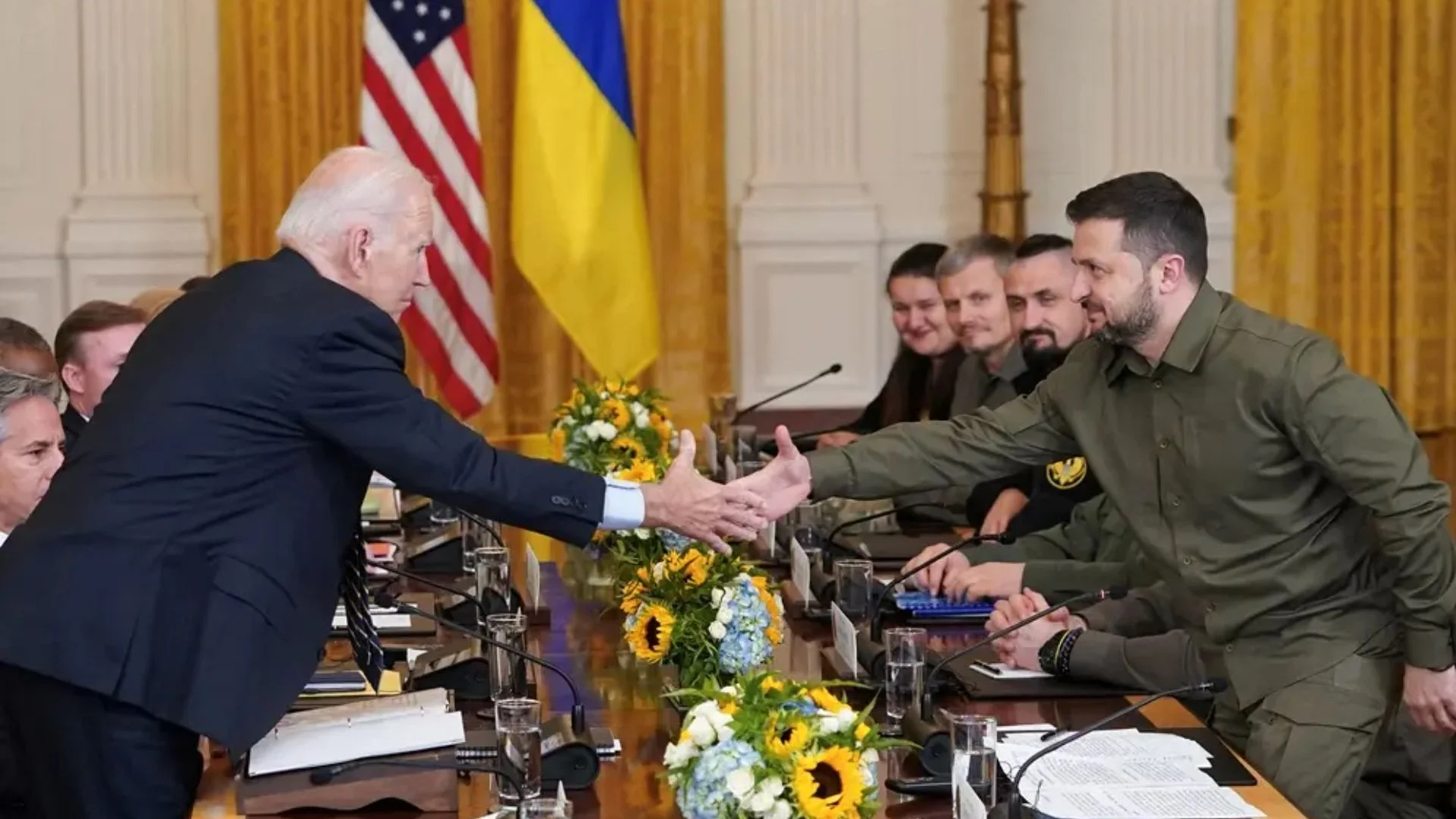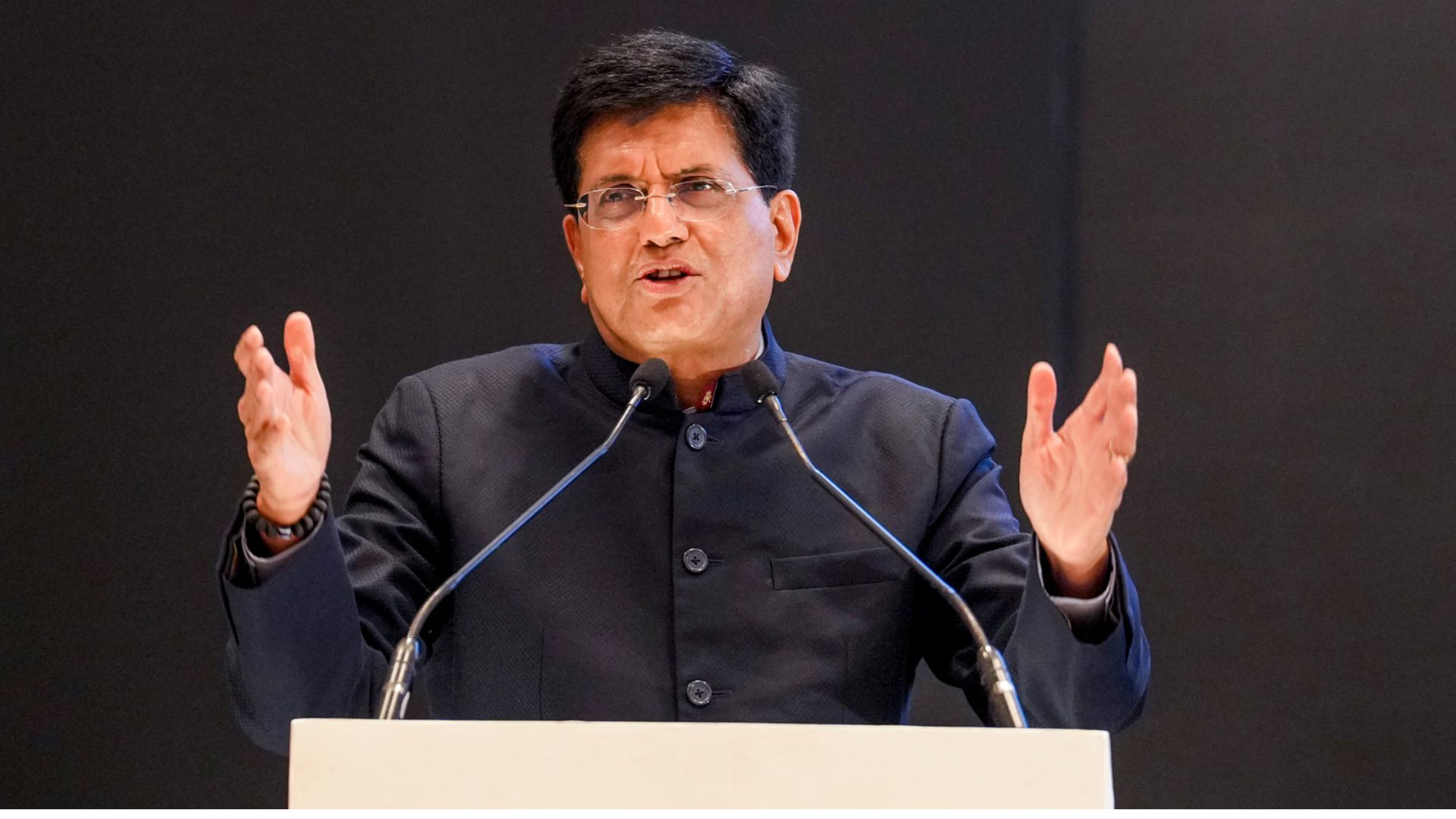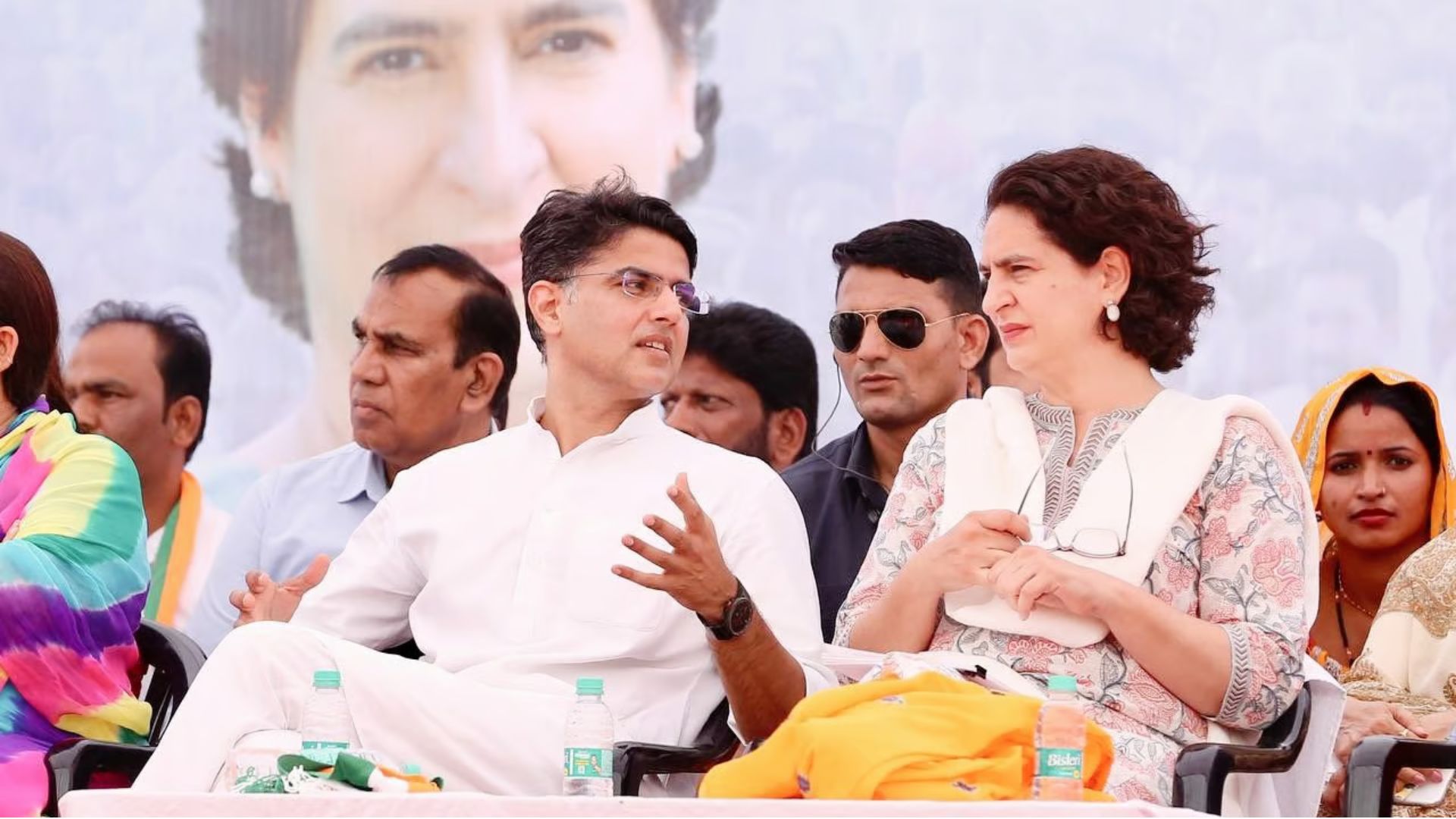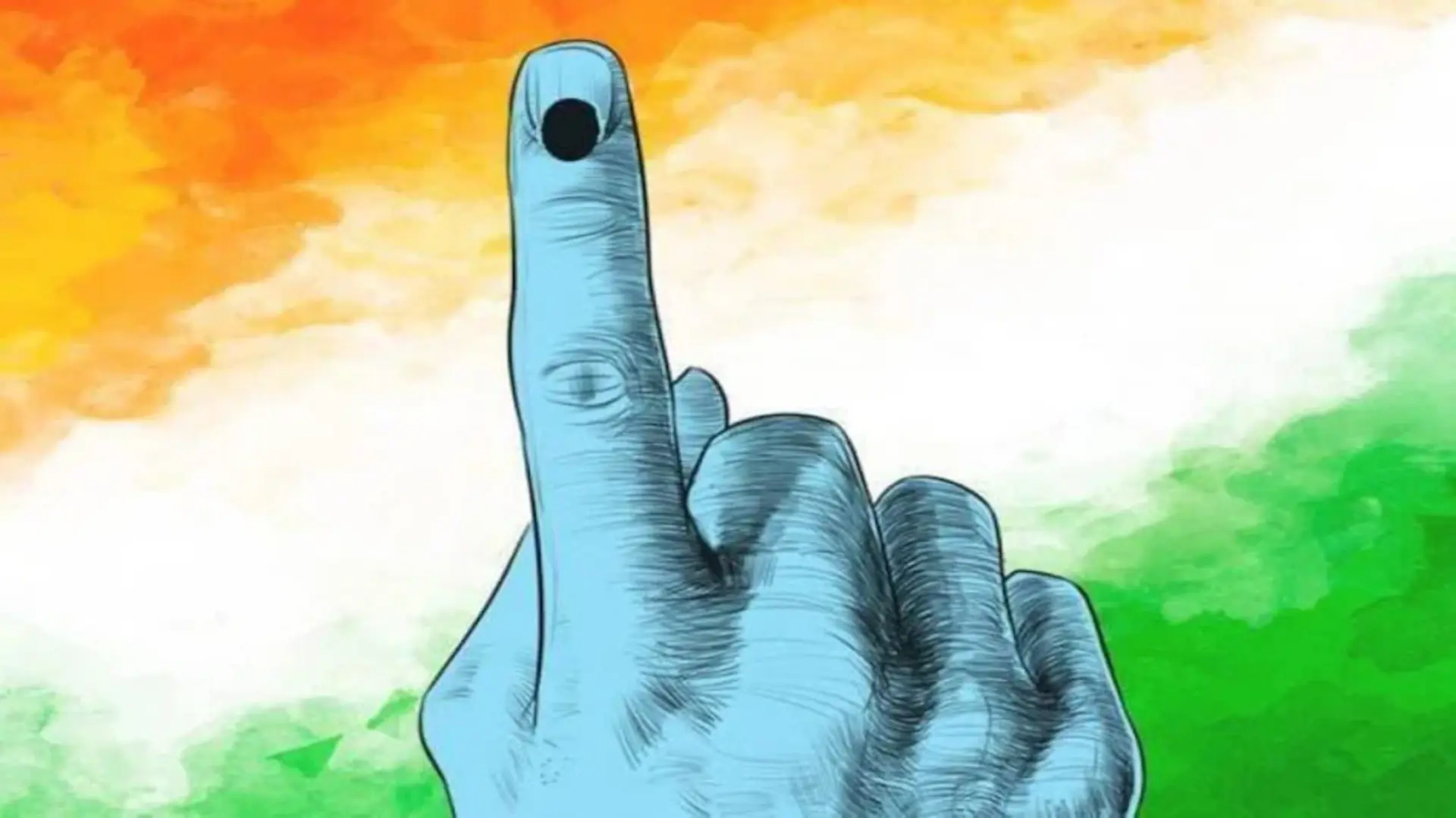On the occasion of World Health day this year, World Health Organization (WHO) has asked for urgent, coordinated efforts to close gaps that have been exacerbated by the Covid-19 pandemic.
According to a WHO official statement, the organisation has spent the past 75 years working to improve public health and wellbeing both globally and in the South-East Asia region. WHO is fully committed to achieving Health for All through universal health coverage (UHC), which ensures that everyone has access to basic medical care without facing financial hardship. As per the release, for decades – and since even before the 1978 Declaration of Alma-Ata – high-level leaders and policymakers from across the Region have recognized the critical role that access for all to quality, affordable and comprehensive primary health care (PHC) can play in achieving UHC and therefore Health for All. This has been well reflected in the Region’s renewed, decade-long push to achieve UHC, which since 2014 has been one of eight Flagship Priorities of the Region. WHO Regional Director for South-East Asia, Dr Poonam Khetrapal Singh said that five countries of the Region have already achieved the Sustainable Development Goal targets for under-five and neonatal mortality. Between 2000 and 2020, the Region achieved a 34 per cent decline in TB incidence rates, and by the end of 2020 had met each of the Global Technical Strategy for Malaria milestones for mortality and morbidity.
She said that since 2016, six countries of the Region have eliminated at least one neglected tropical disease and all countries continue to strengthen PHC services to prevent, detect, control and treat noncommunicable diseases. “Impressively, the Region has maintained its polio-free status and continues to have eliminated maternal and neonatal tetanus as a public health problem. Five countries of the Region have eliminated measles, two have eliminated rubella, and four have controlled hepatitis B through immunization,” said Poonam Khetrapal Singh.














